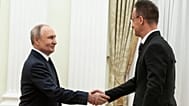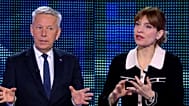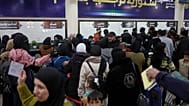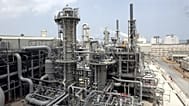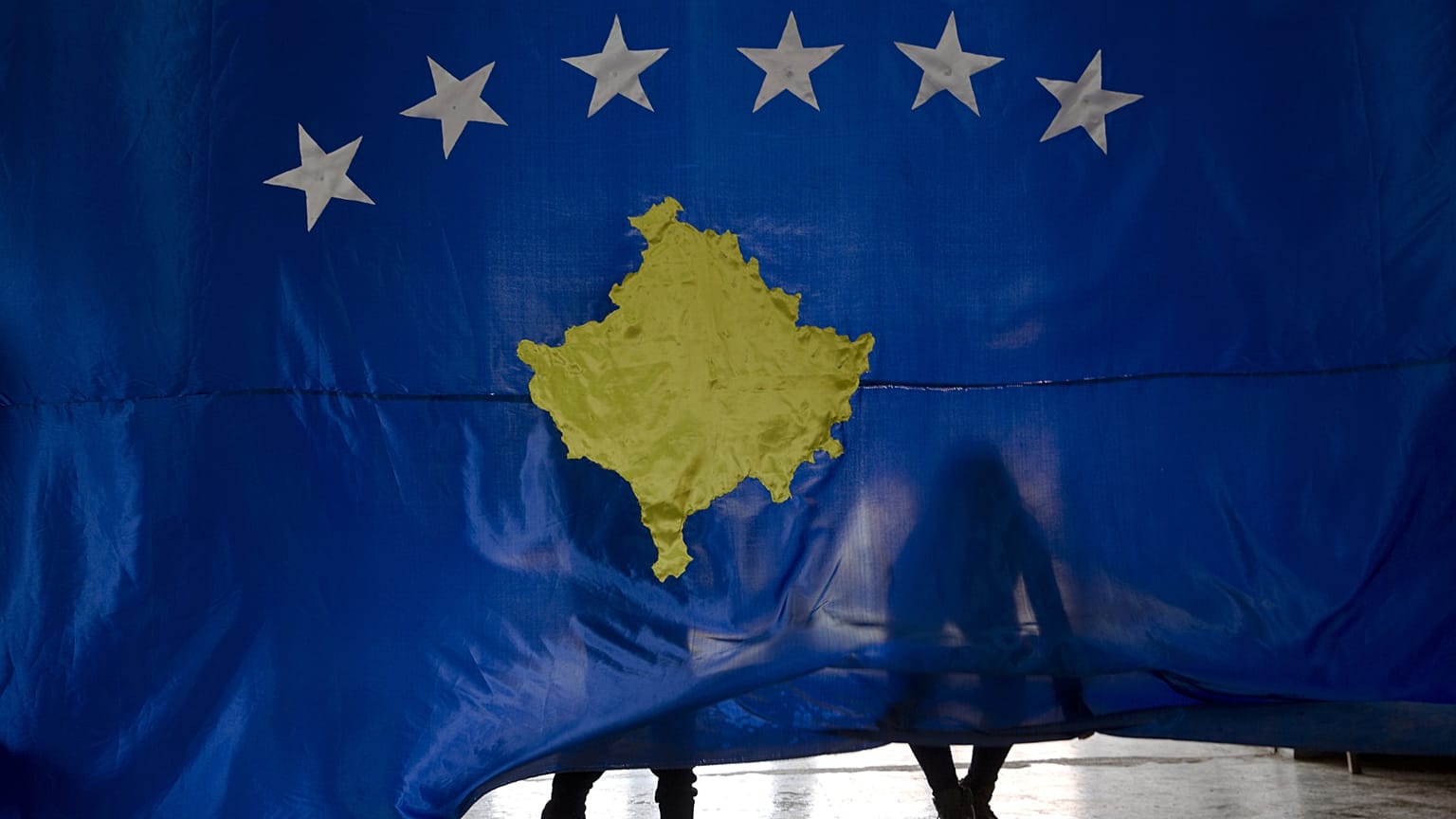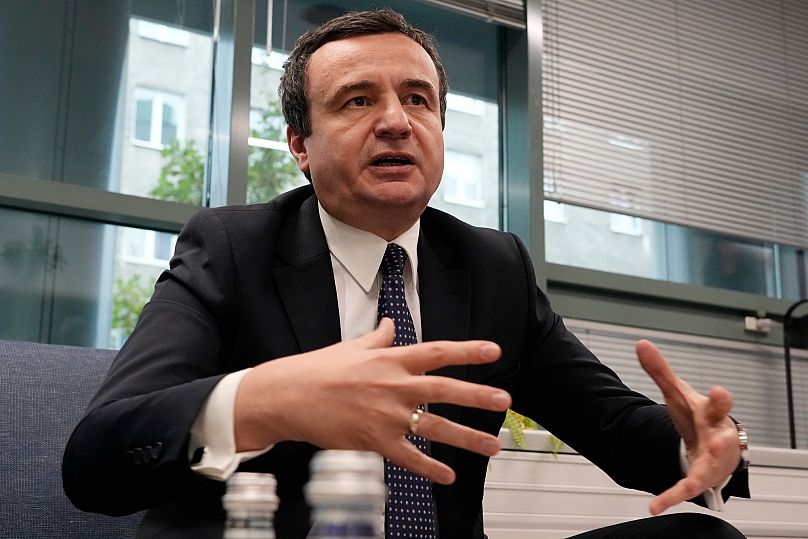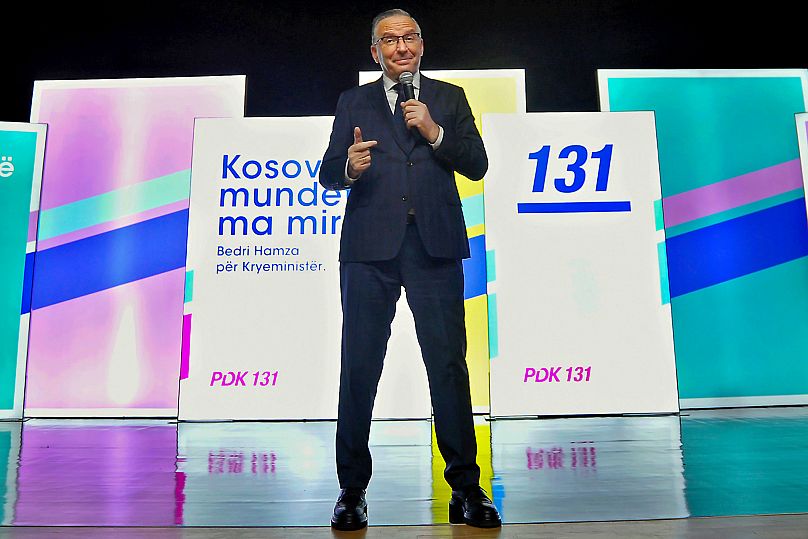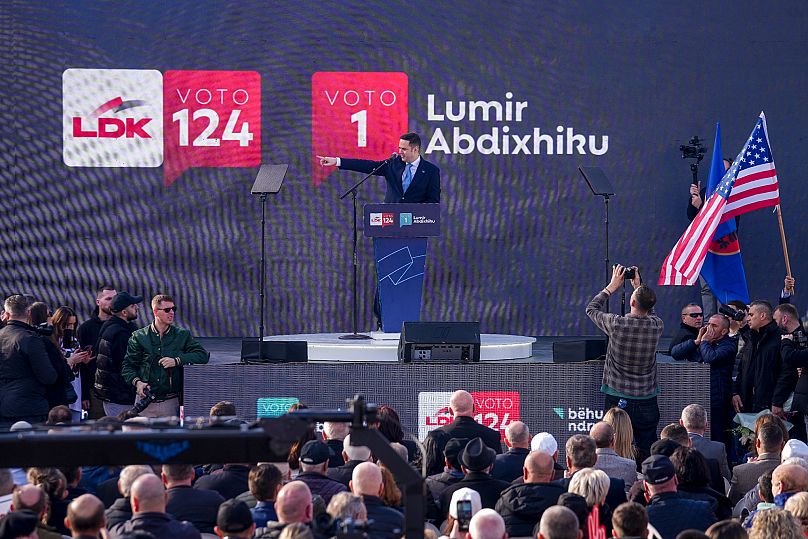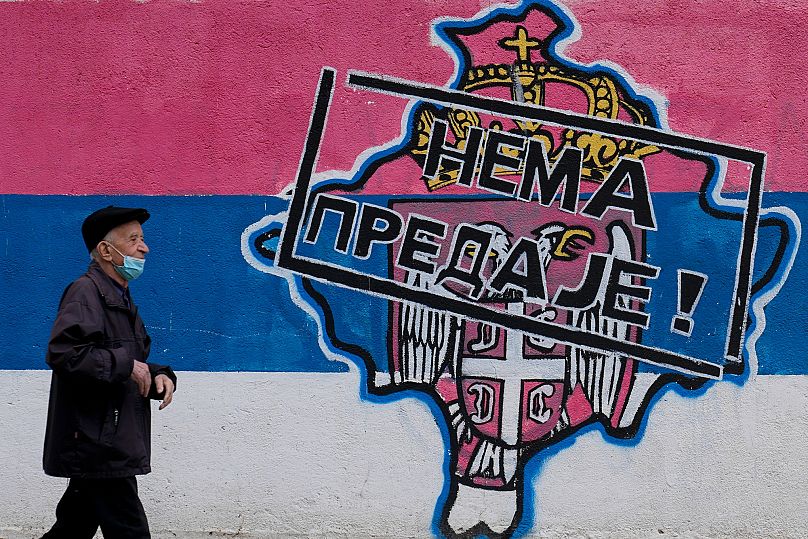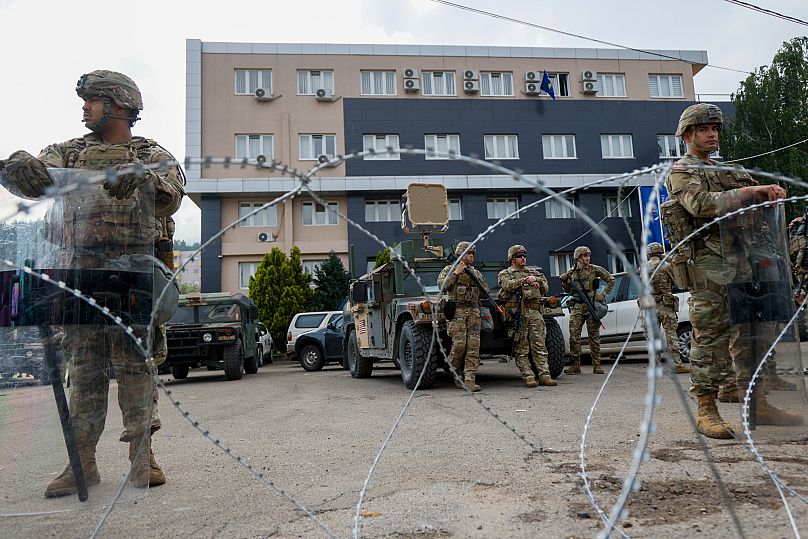The vote is seen as a key test for incumbent Prime Minister Albin Kurti and this is the first time since independence in 2008 that Kosovo's parliament has completed a full four-year mandate.
Polls have opened across Kosovo in legislative elections taking place against a backdrop of an ailing economy and renewed tensions between ethnic Albanians and Serbs.
 ADVERTISEMENT
ADVERTISEMENT
 ADVERTISEMENT
ADVERTISEMENT
Eligible voters will cast their ballots to elect 120 lawmakers among 26 political groupings and one independent candidate in what’s being seen as a key test for incumbent Prime Minister Albin Kurti.
This is the first time since independence in 2008 that Kosovo's parliament has completed a full four-year mandate.
It is the ninth parliamentary vote in Kosovo since the end of the 1998-1999 war between Serbian government forces and ethnic Albanian separatists that pushed Serbian forces out following a 78-day NATO air campaign.
Serbia does not recognise Kosovo’s independence, proclaimed in 2008.
Kurti's left-wing Vetevendosje! or Self-Determination Movement Party is seen as the front-runner but is not expected to win the necessary majority to govern alone, leaving open the possibility the other two main contenders join ranks if he fails to form a Cabinet.
"On 9 February we vote for the future," said Kurti, "We vote for Vetevendosje!"
The other contenders are the Democratic Party of Kosovo (PDK), whose former leaders are at a tribunal in The Hague accused of war crimes and the Democratic League of Kosovo (LDK), the oldest party in the country that lost much of its support after the death in 2006 of its leader, Ibrahim Rugova.
During the election campaign the parties made big-ticket pledges to increase public salaries and pensions, improve education and health services and fight poverty.
However, they did not explain where the money would come from, nor how they would attract more foreign investment.
"We have a plan for each city, each family, each person," said Bedri Hamza of the PDK.
"We have an alternative to guarantee a better life in Kosovo," said Lumir Abdixhiku of the LDK.
Kosovo, with a population of 1.6 million, is one of the poorest countries in Europe with an annual GDP of less than €6,000 per person.
Kosovo is also suffering after Washington imposed a 90-day freeze on funding for different projects through the US Agency for International Development, which has been key in promoting the country’s growth.
The US has invested $2 billion (€1.94 billion) in Kosovo since 1999, including investments of over $1 billion (€970 million) from USAID.
The vote will also determine who will lead the Kosovo side in stalled normalisation talks with Serbia, facilitated by the European Union to get both sides closer to joining the bloc.
Kurti has been at odds with Western powers over some Cabinet actions last year, such as a ban on using the Serbian dinar and transfers from Serbia to citizens of Kosovo who depend on social services and payments.
Washington, Brussels and the NATO-led stabilization force KFOR have urged the government in Pristina to refrain from unilateral actions, fearing the revival of inter-ethnic conflict.
The EU suspended funding for some projects almost two years ago.
Brussels has already set conditions for the gradual lifting of the temporary measure, linked to Kosovo taking steps to de-escalate tensions in the north, where most of the Serb minority lives.
"The new government must take decisive steps to restore credibility and partnership with EU and United States, including the fulfilment of all the obligations that stem from the dialogue with Serbia," said analyst Ilir Deda.
The EU-facilitated normalisation talks with Serbia received little attention during the electoral campaign though their relations remain tense.
"The EU expects Kosovo's new government to engage constructively in the normalisation dialogue with Serbia. This is central to both Serbia and Kosovo's integration paths," a European Commission spokesperson said.
Both the EU and the US have urged the two sides to implement agreements reached two years ago that include a commitment by Kosovo to establish an Association of Serb-Majority Municipalities.
Serbia was also expected to deliver on the de facto recognition of Kosovo.
KFOR has increased its presence in Kosovo after tensions in recent years and added more for the parliamentary election period.
A team of 100 observers from the European Union, 18 from the Council of Europe and scores of others from international or local organisations will monitor the vote.

